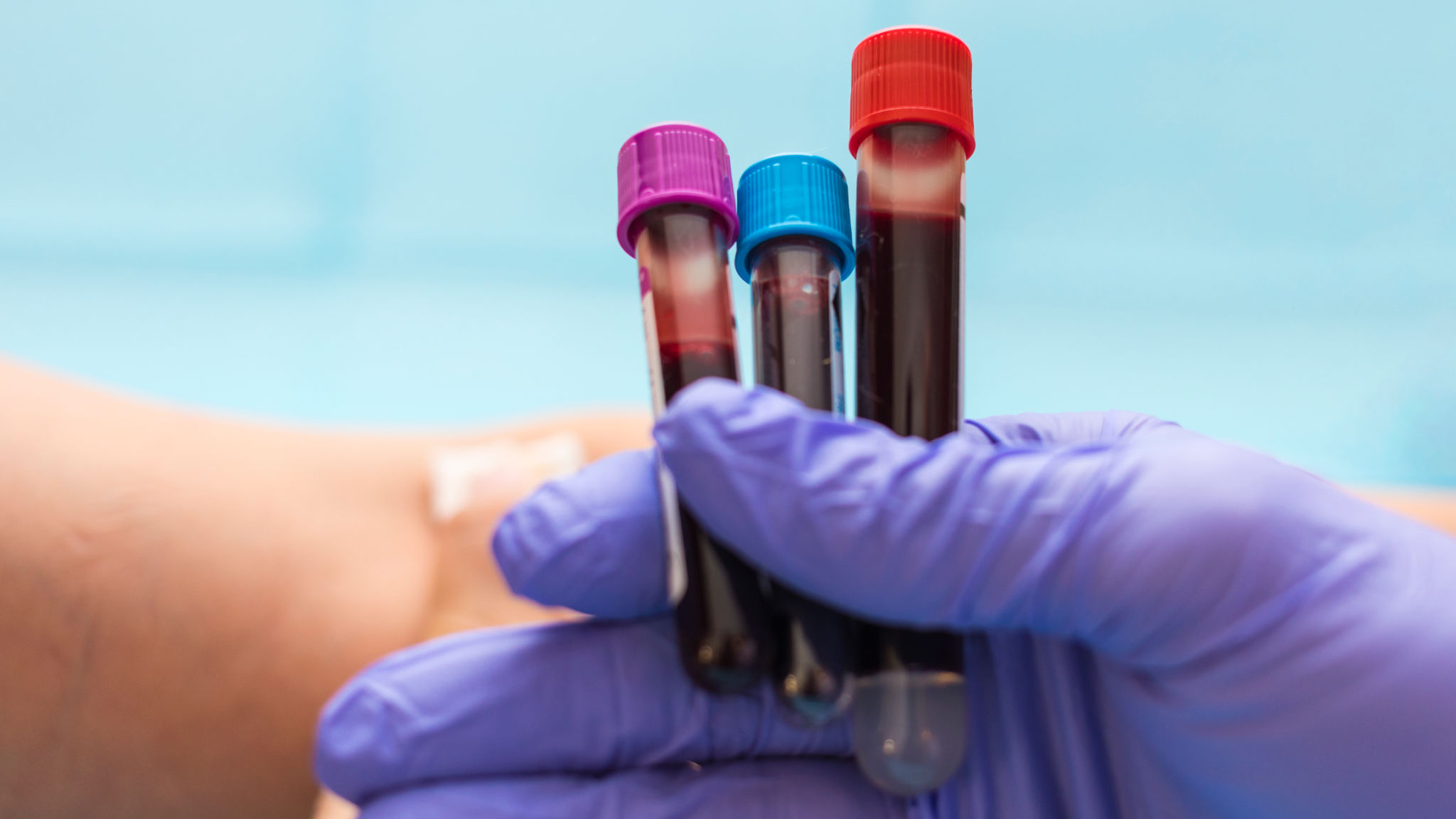Understanding STAT Blood Services: What You Need to Know
What are STAT Blood Services?
STAT blood services are a specialized branch of healthcare that provides rapid blood testing and transfusions in critical situations. These services are essential in emergency rooms, surgical settings, and other urgent care scenarios where time-sensitive decisions are crucial. The term "STAT" is derived from the Latin word "statim," meaning "immediately," underscoring the urgency associated with these services.
Whether it's for a trauma patient needing immediate blood transfusion or a critical lab test result that can impact the course of treatment, STAT blood services play a vital role in modern medical care. Understanding how these services operate and their significance can offer insights into the broader healthcare system.

The Importance of STAT Blood Services
In emergency medical situations, having quick access to blood products and test results can mean the difference between life and death. STAT blood services ensure that healthcare professionals can make informed decisions swiftly. This rapid response helps stabilize patients, manage bleeding, and support life-saving interventions.
Moreover, these services are not only crucial for emergency departments but also for operating rooms where timely blood transfusions can significantly impact the success of surgeries. The efficiency of STAT blood services is a critical component in reducing mortality rates and enhancing patient outcomes.
How STAT Blood Services Operate
STAT blood services rely on a coordinated network of laboratories, blood banks, and logistics systems to function effectively. When a STAT request is made, it triggers a chain of events designed to expedite testing and delivery. This system involves:
- Rapid Sample Collection: Quick collection and transport of blood samples to the lab for analysis.
- Priority Testing: Immediate processing of samples using advanced testing equipment to ensure fast turnaround times.
- Efficient Communication: Prompt reporting of results to the medical team to facilitate swift decision-making.

Technological Advancements
The field of STAT blood services has greatly benefited from technological advancements. Innovations in laboratory equipment and diagnostic tools have drastically reduced the time needed for testing. High-speed analyzers and state-of-the-art information systems help streamline processes and enhance reliability.
Additionally, telemedicine and digital communication platforms have improved the way results are communicated. These technologies allow healthcare providers to access critical information from remote locations, ensuring that decisions are made without delay.
Challenges Faced by STAT Blood Services
Despite their importance, STAT blood services face several challenges. One major issue is maintaining an adequate supply of blood products, especially in times of crisis or high demand. Blood banks must work efficiently to ensure that there is always a sufficient stock of various blood types available for emergencies.
Another challenge is ensuring that all staff involved in the process are adequately trained and capable of handling the pressure associated with STAT requests. Continuous education and training programs are essential in maintaining high standards of service delivery.

The Future of STAT Blood Services
The future of STAT blood services looks promising with ongoing research and development aimed at improving efficiency and effectiveness. Efforts are being made to enhance blood storage techniques, develop artificial blood products, and implement AI-driven diagnostic tools to further reduce turnaround times.
As healthcare continues to evolve, the role of STAT blood services will remain integral. By staying informed about these developments, healthcare providers and patients alike can better appreciate the vital function these services play in saving lives.
